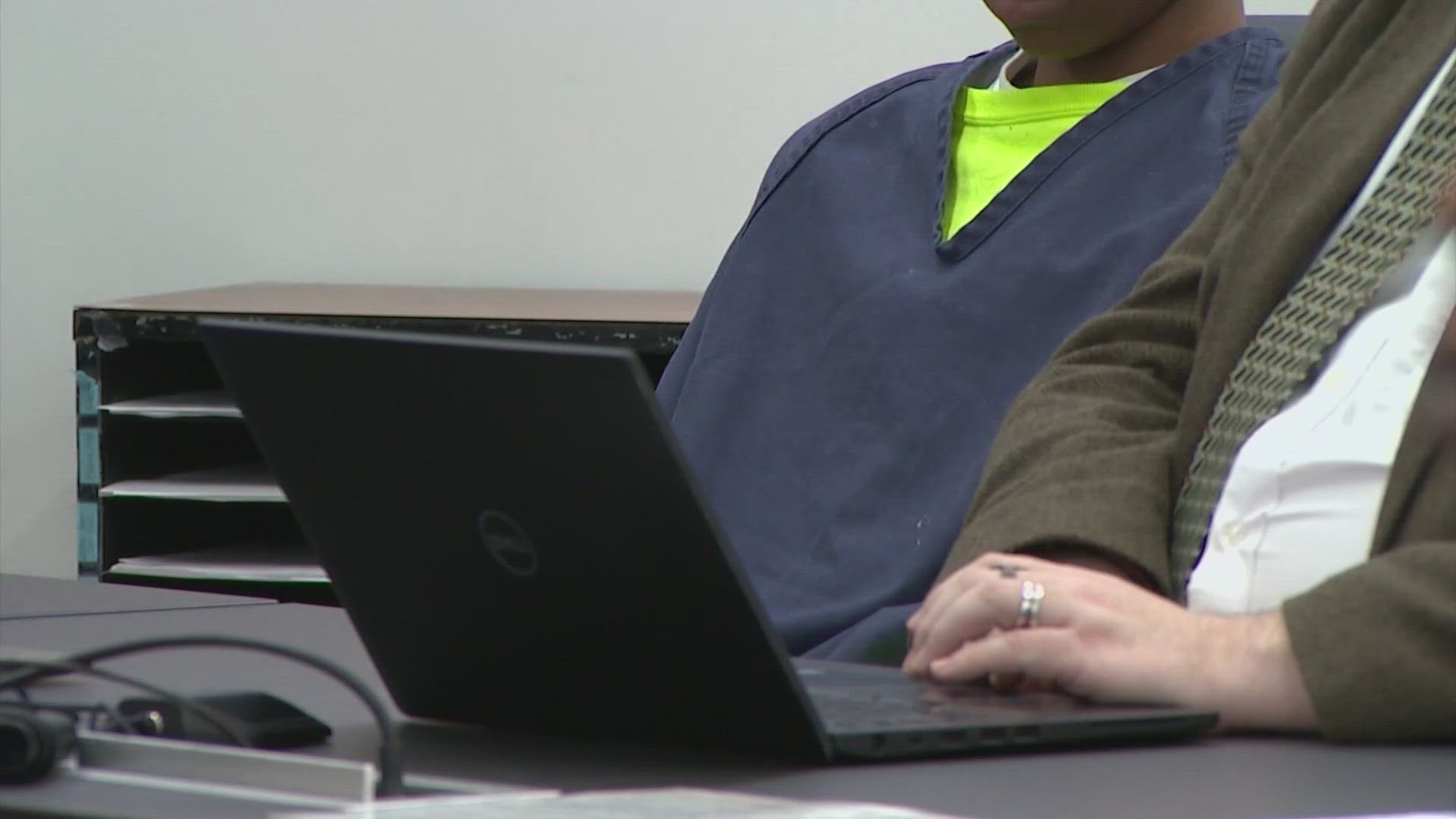KING COUNTY, Wash — The office of King County Executive Dow Constantine will begin the next steps toward expanding community-based alternatives to traditional youth detention.
On Wednesday, Constantine's office received recommendations from the Care and Closure Advisory Committee identifying the components of an alternative detention system for people under the age of 18. The executive's office will now oversee a team focused on strategy and implementation.
“Study after study shows that youth incarceration is a system that does not work. The profound racial disparities in the youth criminal legal system are a result of racist realities embedded in many systems, from health care to educational to economic, as well as the legal system itself. If we want a different future, we must affirmatively choose to do better. That will require new systems, spaces, practices, and the collaboration of our entire community,” Constantine said. “I want to thank the Advisory Committee for these significant and transformative recommendations that outline the vision. Now, we will work across agencies to resource and implement these strategies, including working with DAJD to improve conditions in the existing detention facility as we turn that vision into a reality. Together we can create bold and comprehensive change that can ensure healing, accountability, and community safety.”
The recommendations from the Advisory Committee include:
- Create, operate, and maintain a 24/7 respite and receiving center where law enforcement will take all youth under 18 years old upon arrest unless they can be released upon entering the center.
- Provide very short-term respite housing at the respite and receiving center for youth who cannot go home due to safety reasons.
- Provide enhanced immediate supports when youth return home to their families or are placed in kinship care with extended family members.
- Create, contract, and provide oversight to a network of diverse community care homes where youth would stay while their court case proceeds if they are unable to go home because of safety concerns.
- Strengthen community infrastructure and capacity to ensure all youth have access to and can benefit from culturally relevant, developmentally appropriate, and youth- and family-centered supports that address their identified needs, regardless of whether they are at home, with a relative, or at a community care home.
- Ensure the next steps for these recommendations are informed by and centered on input, expertise, and ideas of the community members most directly impacted by the youth legal system.
According to Constantine's office, further work is needed on how a receiving center with short-term housing can be safe for all involved.
The Advisory Committee also found that closing the current youth detention center will require more time. It will not be feasible to complete everything by 2025, according to the committee. The next phase of planning and implementation will take until at least 2028 for the first components of the system to be funded and implemented.
Six-step strategy
The work Constantine's team will now start ranges from public engagement to legal and regulatory recommendations.
Six actions have been identified for the next phase of planning and implementation. Those include:
- Create, operate, and maintain a 24/7 respite and receiving center where law enforcement will take all youth under 18 years old upon arrest unless they can be released upon entering the center.
- Provide very short-term respite housing at the respite and receiving center for youth who cannot go home due to safety reasons.
- Provide enhanced immediate supports when youth return home to their families or are placed in kinship care with extended family members.
- Create, contract, and provide oversight to a network of diverse community care homes where youth would stay while their court case proceeds if they are unable to go home because of safety concerns.
- Strengthen community infrastructure and capacity to ensure all youth have access to and can benefit from culturally relevant, developmentally appropriate, and youth- and family-centered supports that address their identified needs, regardless of whether they are at home, with a relative, or at a community care home.
- Ensure the next steps for these recommendations are informed by and centered on input, expertise, and ideas of the community members most directly impacted by the youth legal system.
In 2020, Constantine proposed King County continue to work toward getting youth out of the criminal justice system. The Advisory Committee was convened in 2022 to guide the project.
Watch KING 5's top stories on YouTube

